The role of independent media in protecting democracy was the main topic of the meeting of ministers of culture and media in Copenhagen. It was there that the Copenhagen Declaration-2025 was adopted the other day, which Ukraine also signed.
The document emphasizes: “Free, independent and diverse media are our best protection against manipulation, interference and disinformation. Reliable news and informed citizens are the basis of democratic stability. Our citizens should live in a society where there is access to reliable information, free media, and space for open democratic discussions.”
The President of the National Union of Journalists of Ukraine (NUJU), Sergiy Tomilenko, notes that these words have a special meaning in Ukraine: when there is war all around, journalism ceases to be just a job – it is a duty to speak for those who cannot, to show what they are trying to hide.
He also thanked his Danish partners, the Danish Union of Journalists, its president Allan Boye Thulstrup, and vice-president Lise Møller. Sergiy Tomilenko told them about the assistance that the NUJU received this year for its Journalists’ Solidarity Centers (JSC). These are safe spaces in different cities of Ukraine where journalists can work when their newsrooms are destroyed or unsafe. Thanks to donations from Danish colleagues, the Emergency Fund for Journalists has been operating at the NUJU for two years. During this time, the NUJU has been able to help over a hundred Ukrainian media workers — those who are injured, who have lost their homes or newsrooms.
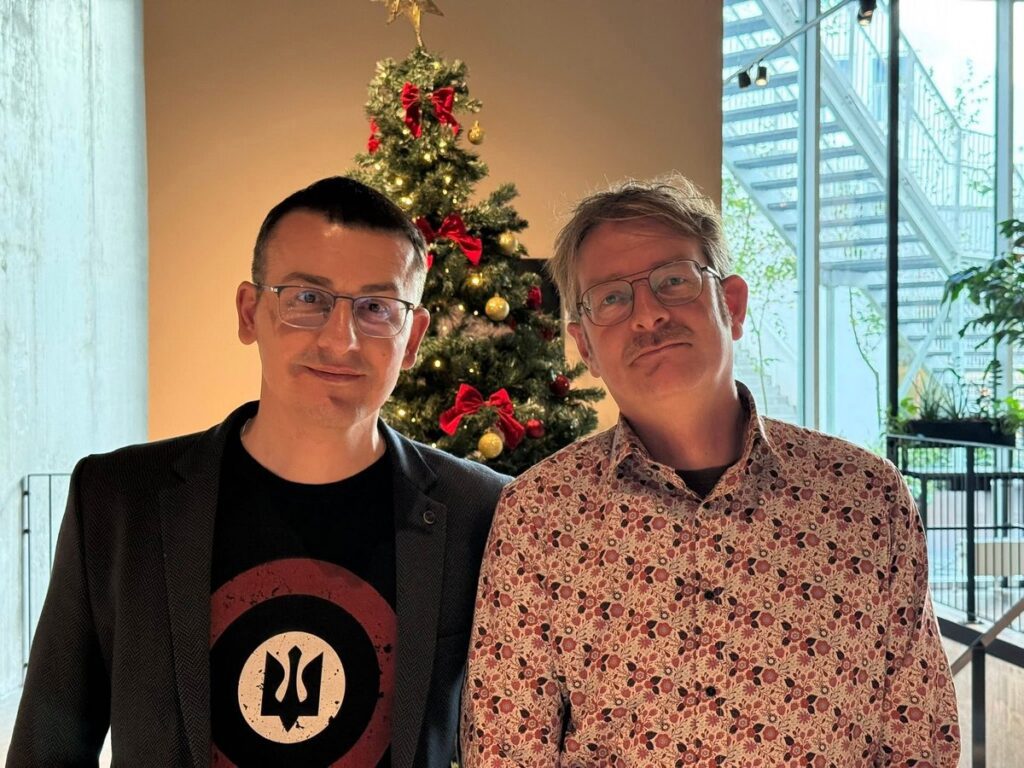
Sergiy Tomilenko also visited the office of Danske Medier — an association of media organizations in Denmark. He thanked them for the joint initiative with Norwegian, Swedish, and Finnish colleagues — the Ukrainian Media Fund. Thanks to this program, the NUJU procured 50 charging stations for regional newsrooms in the summer. Now, when the Russians are attacking the Ukrainian energy sector, these stations are literally a lifesaver — they provide light and communication to journalists who continue to work.
Separately, Sergiy Tomilenko mentioned Tine Johansen, who until this year headed the Danish Union of Journalists. She remains our sincere friend. They discussed common causes, the importance of supporting Ukrainian media, and the need to maintain humanity and professional ethics even in the most challenging situations.
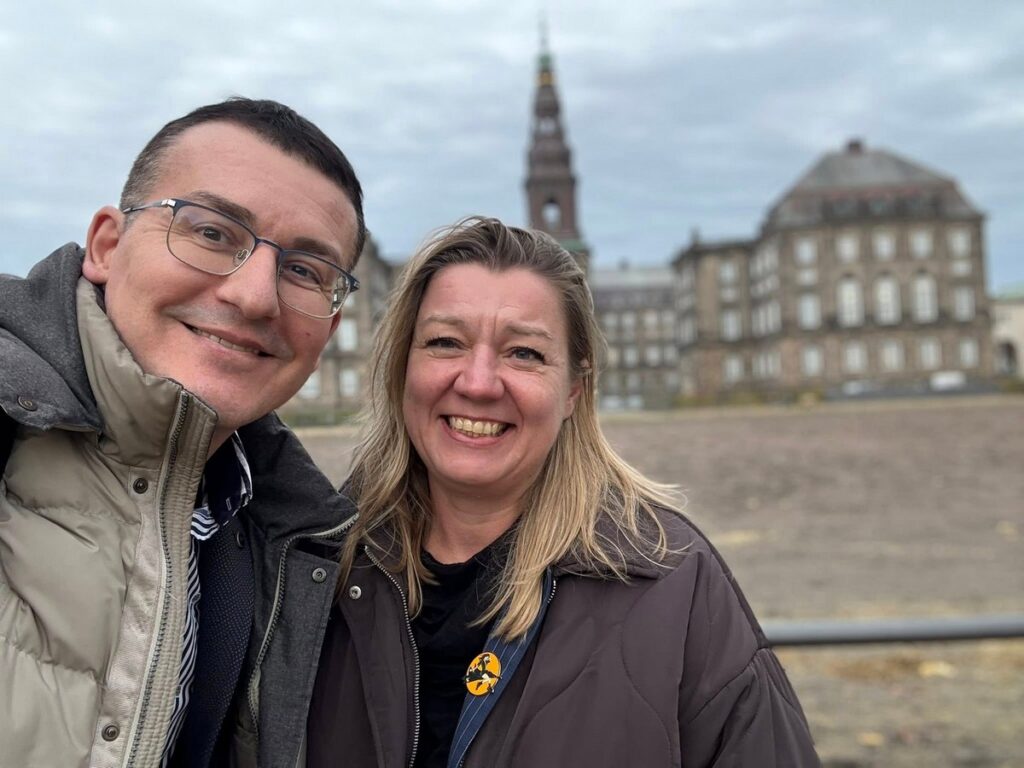
A seminar of the European Federation of Journalists (EFJ) was also held in Copenhagen, titled AI, Youth & Union Strength: Shaping the Future of Journalism. Colleagues from over 20 countries gathered there. They discussed the future of the journalistic profession — how it is changing, what is happening with standards and trust, and what role journalist unions play. They primarily discussed values, responsibility, and strategies for remaining resilient during times of digital transformation. “Journalism must learn to use new tools, but not lose sight of the main thing — serving society, truth, and democracy,” Sergiy Tomilenko emphasized.
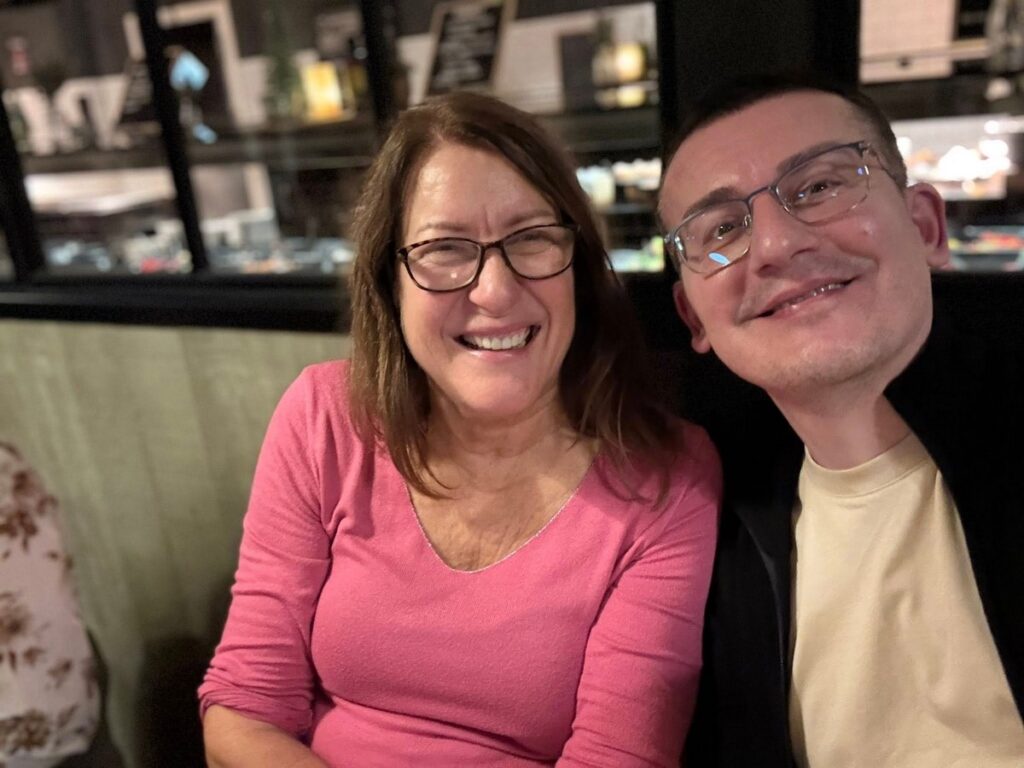
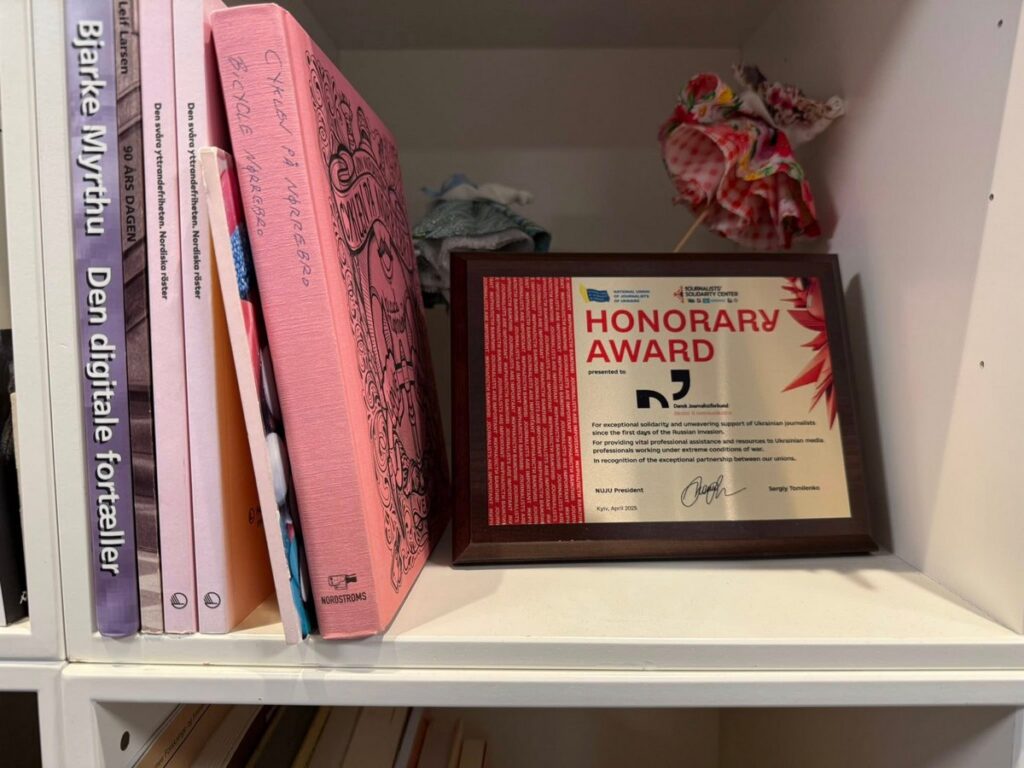

NUJU Information Service

 THE NATIONAL UNION OF
JOURNALISTS OF UKRAINE
THE NATIONAL UNION OF
JOURNALISTS OF UKRAINE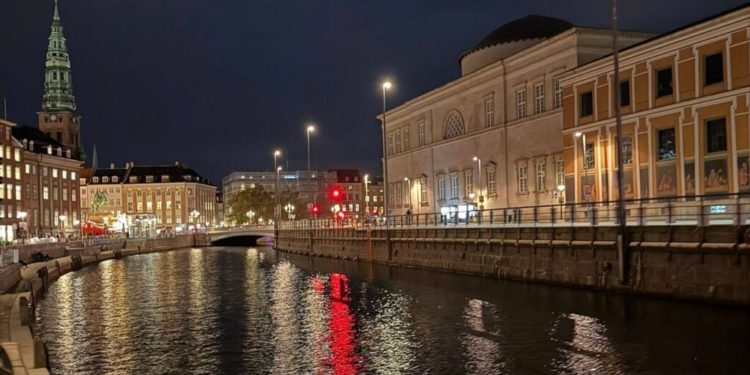

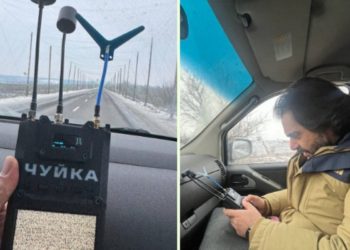
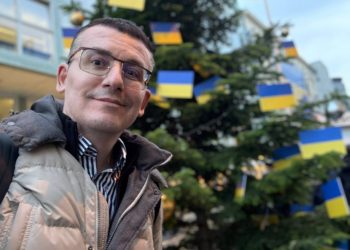













Discussion about this post